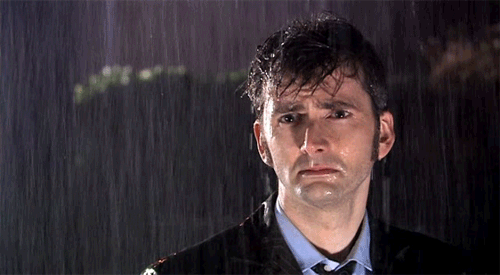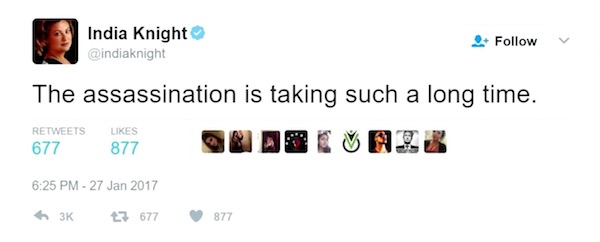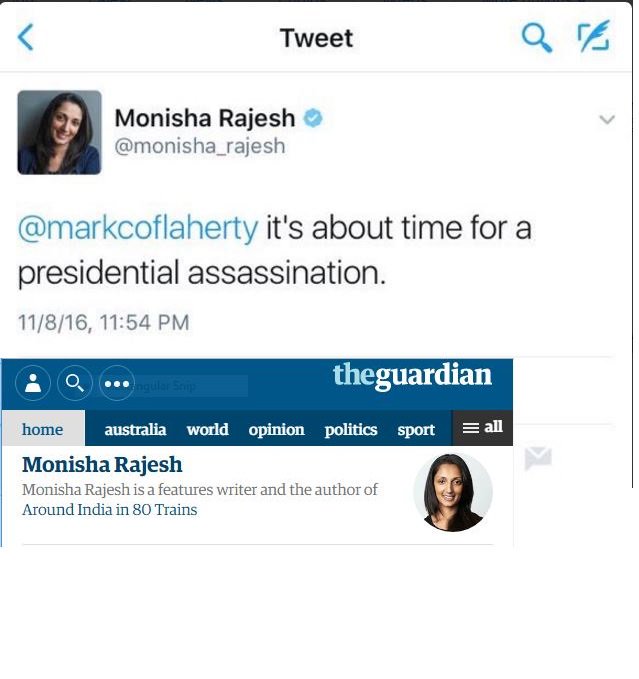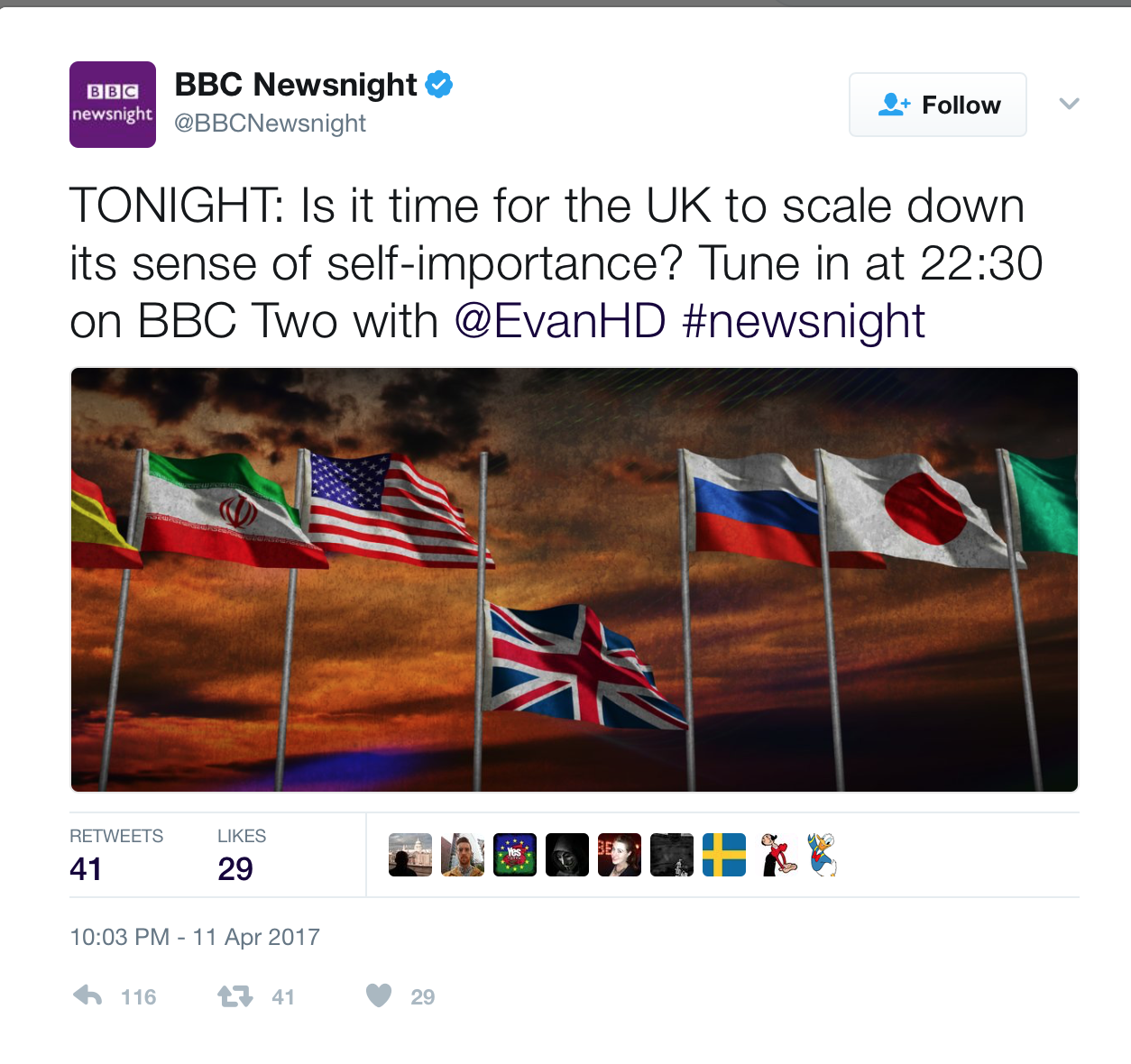
So we’re all agreed, Trump stole the US election and Brexit was won on a lie…but who is to blame, who can we point the finger at, who is the guilty man or men?
The BBC knows…it was the Russians….no! It was the sinister underground network of neo-Nazis on the web…no!!! It was the sheer ignorance, stupidity, bigotry and prejudice of Leave voters…no!!! no!!! no!!! It was a sinister underground network of big data crunchers who harvest our most private thoughts and targeted their propaganda at us shaped and personalised in order to manipulate, to ‘hack’, our votes?
Hacking the Vote
Highly sophisticated techniques to ‘micro-target’ voters, using personal data and demographics have been credited with contributing to the recent outcomes of both the Brexit vote in the UK and Donald Trump’s victory in America.
For the BBC there must be some conspiracy somewhere…no right -thinking person could ever vote for Trump or Brexit therefore it must all be some sort of fix, the US election rigged and Brexit stolen by lies. Talk about fake news…this is our supposedly most prestigious news and current affairs broadcaster, the gold standard, and yet it’s no better than any of the dodgy conspiracy sites and youtube channels that proliferate on the net….the BBC conveniently forgets that the Left, and the BBC, has tried to rig elections by playing the race card….the identity politics, the ‘multiculturalism’, the apartheid, that has been so damaging and divisive in Britain…so targeting groups and interests is nothing new…..this is just the BBC inventing an issue and blaming it on the Right when it has for so long been the Left’s favourite game.
People voted for Trump and Brexit because they were fed up being ruled by dickheads like you at the BBC…arrogant, contemptuous, sneering, superior, condescending and all too willing to pay yourselves large, massive, amounts of money taken with menaces from people far less well off…..and to add insult to injury usng the billions stolen to force-feed us fake news and hear ourselves abused and slandered by you and our voices silenced and censured.
Look at this…just yesterday we were asking where is the BBC’s takedown of left-wing fake news and low and behold today we have the BBC’s tentative attempt at such a takedown…or not…
Sounds promising doesn’t it? But wait, don’t get too excited, this is the very partisan, anti-Trump BBC we’re talking about here. Yes we’re told it’s not just the rather ‘uneducated’ filth on the Right who consume and spread fake news, the Left do as well. But wait….whilst the Right are stupid and ignorant, and are being misled by that sinister underground cabal of neo-Nazis who are manufacturing all this fake news, the Left are merely victims of their own emotions…they are scared, overwhelmed by the Trumpian and Brexit steamroller, worried about the future because it just can’t ever be good can it?…They only share the fake news, not due to a deliberate attempt to fool and mislead people, not some Machiavellian plot to subvert the news and steal elections, but because they are so emotional and want to share their grief and concerns with like-minded souls so that they can unite to fight this evil….

“Many people on the left right now are feeling overwhelmed and fearful and unsure of what’s going to happen next. While they’re scrolling through their information feeds at speed on small mobile phones their critical functions are not kicking in, and they’re seeing information that makes them feel immediately connected with other people who think similarly to them. And without doing the usual checks that they would do, they’re sharing and very quickly passing on similarly false and problematic content that we were seeing before the election.”
Brooke Binkowski, who is managing editor at Snopes website, warns newsreaders to stay aware of the emotions they feel when consuming content.
“If you are a newsreader or someone who likes reading news but you don’t know immediately what may or may not be fake, ask yourself by reading the headline, what emotions do I feel? Am I really angry, scared, frustrated, do I want to share this to tell everybody what’s going on? If the answer to any of these questions is yes, then check your sources.”
Yes that’s right kids, if you’re left-wing you can excuse your dissemination of fake news by claiming you have PTSD and need a shoulder to cry on whilst the Righties are just evil bastards plotting the downfall of civilisation as we know it.

Good old BBC…must be the shock of Brexit and Trump that makes you spread so much junk news around the airwaves….it’s all a nightmare right? It can’t possibly get any worse!



















